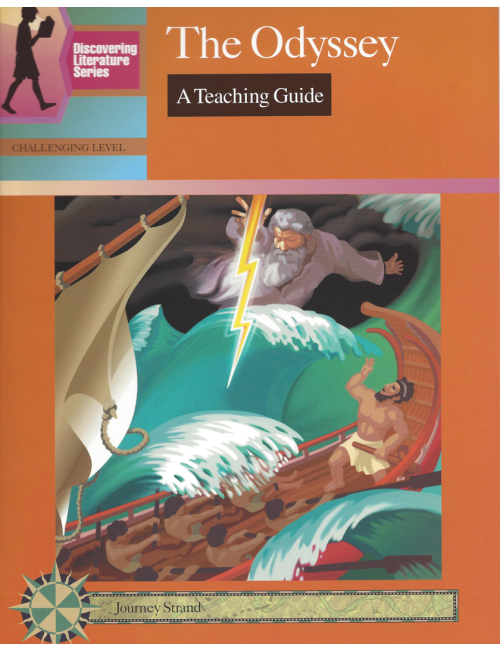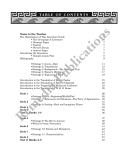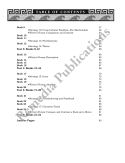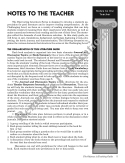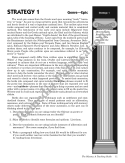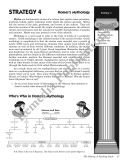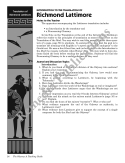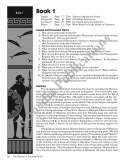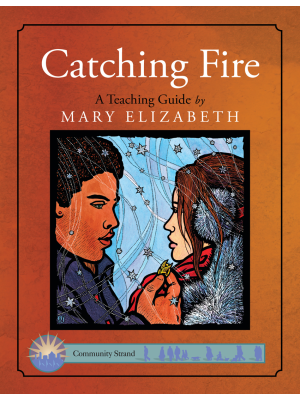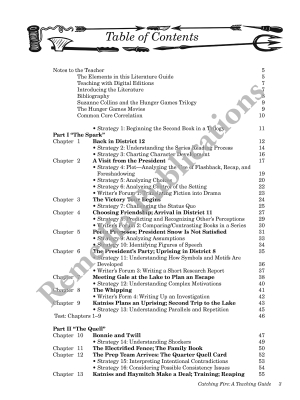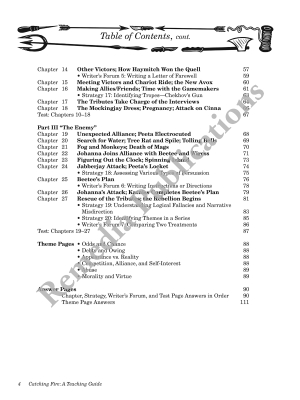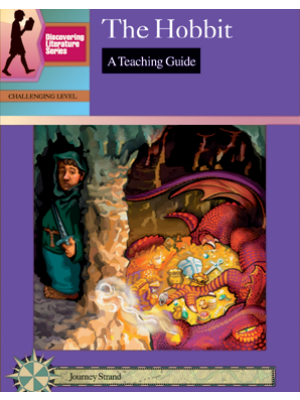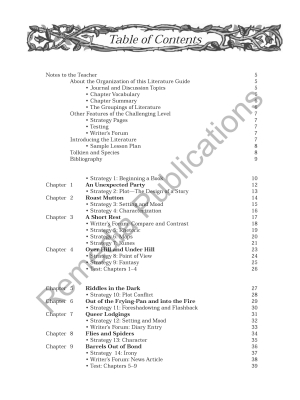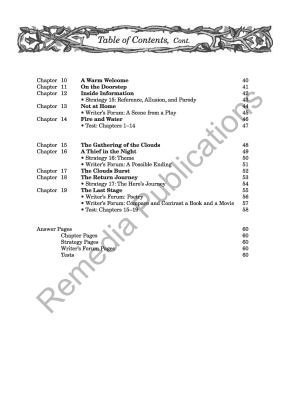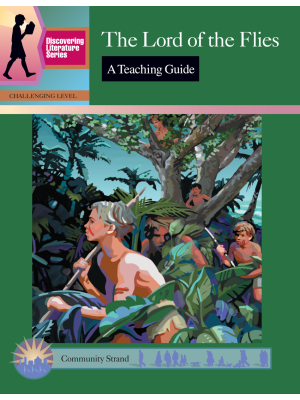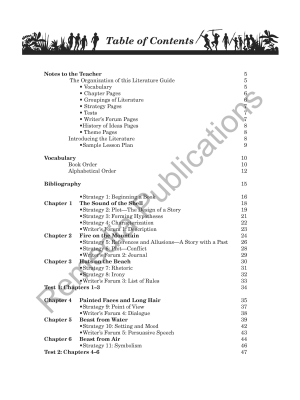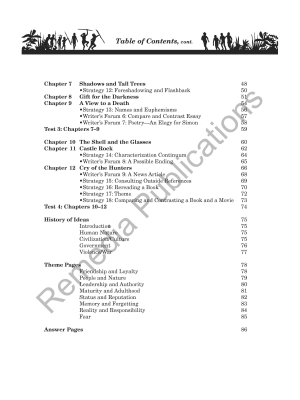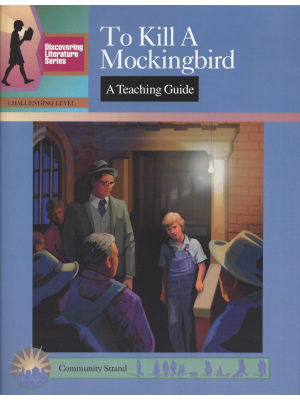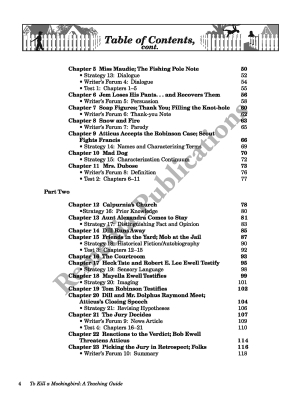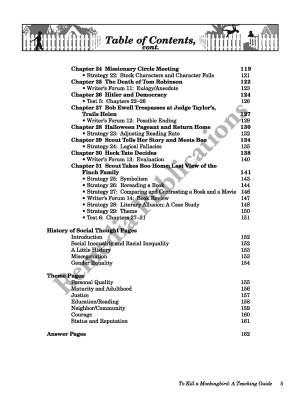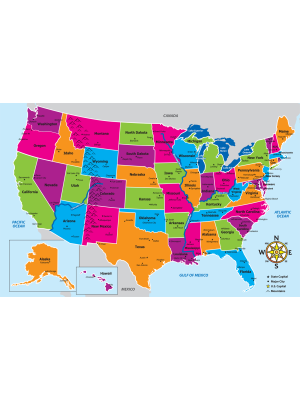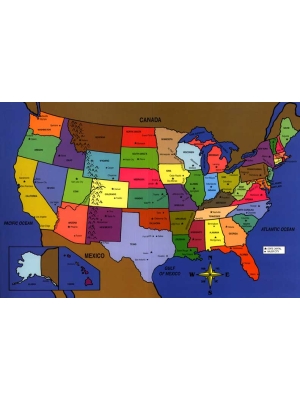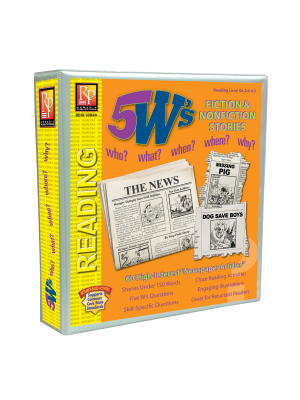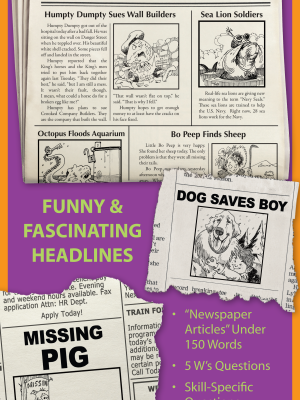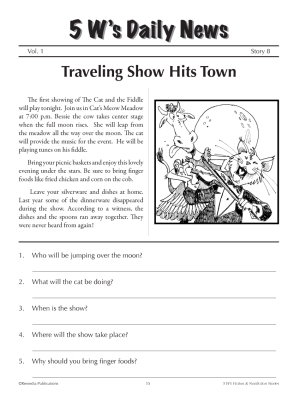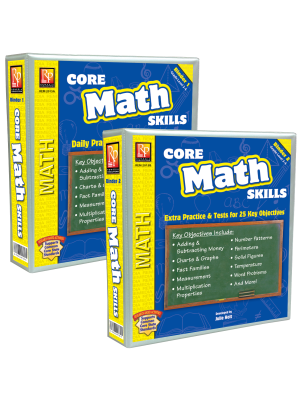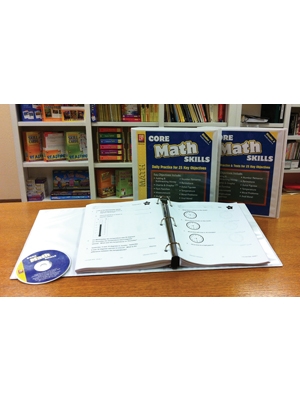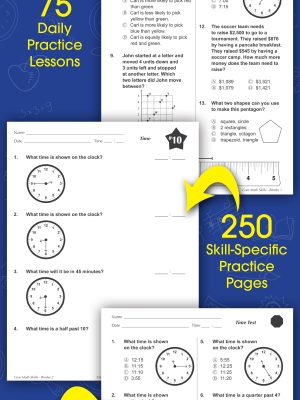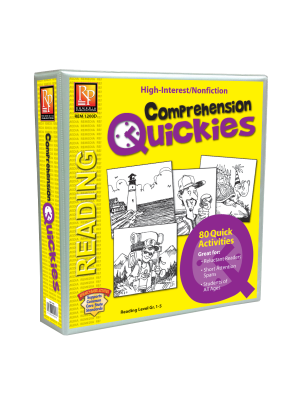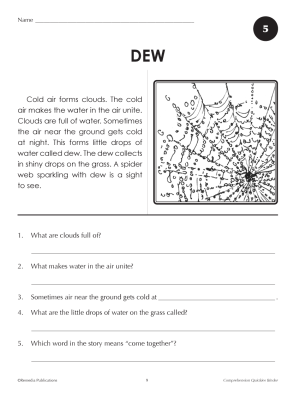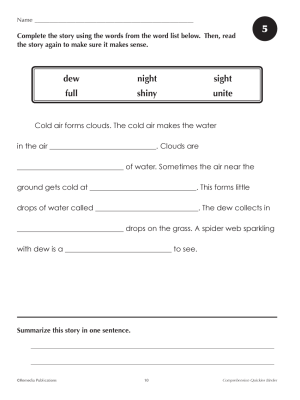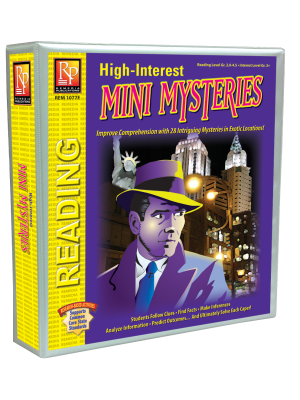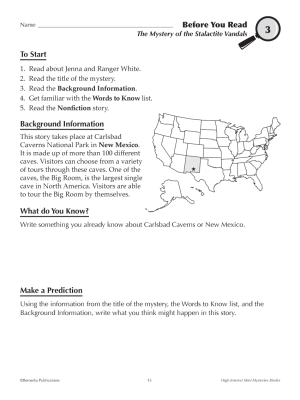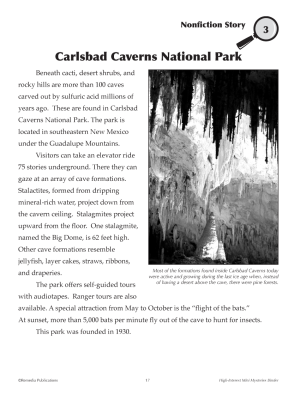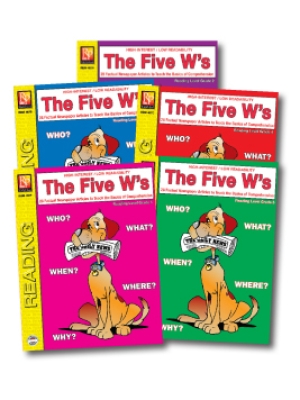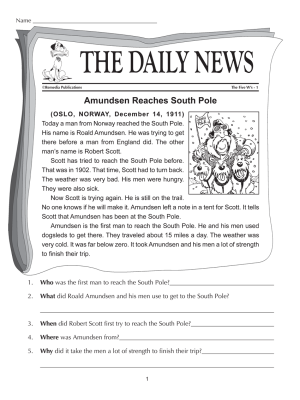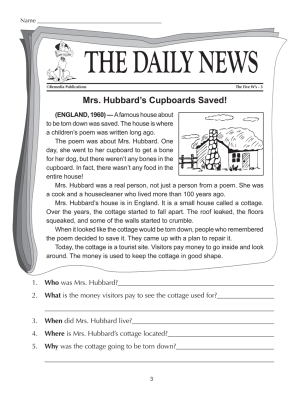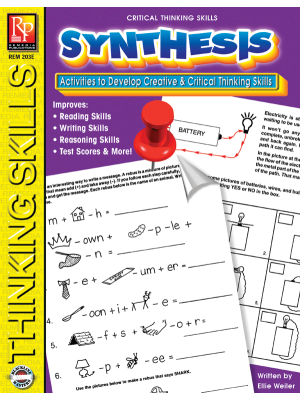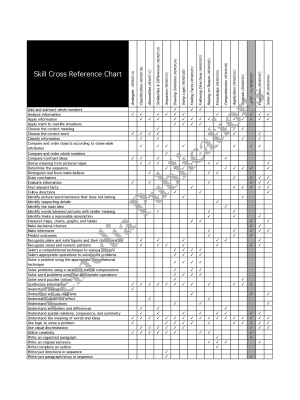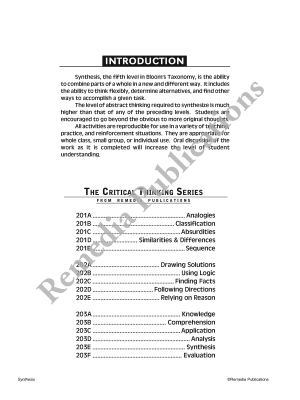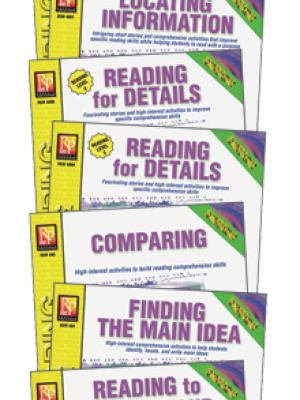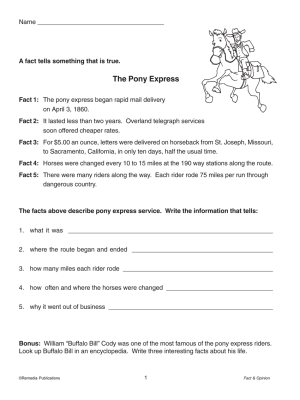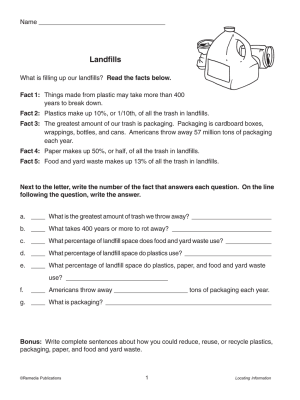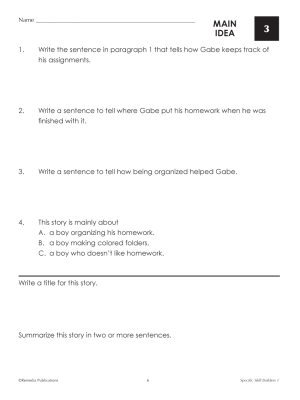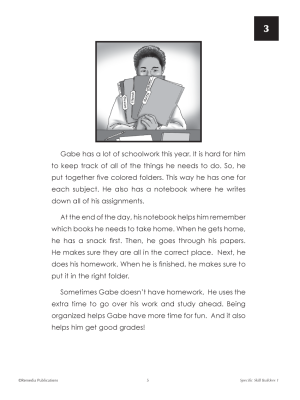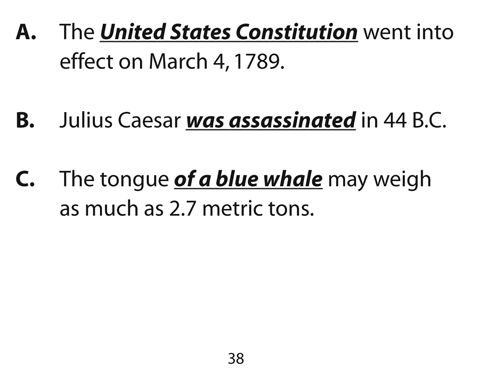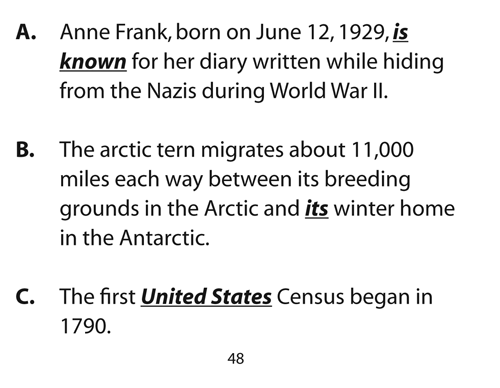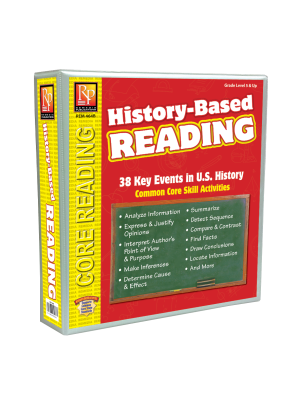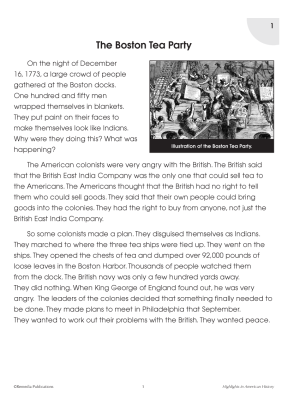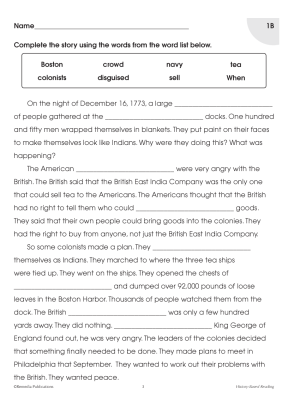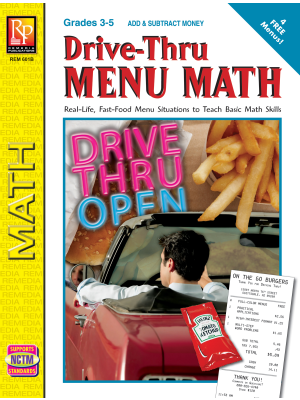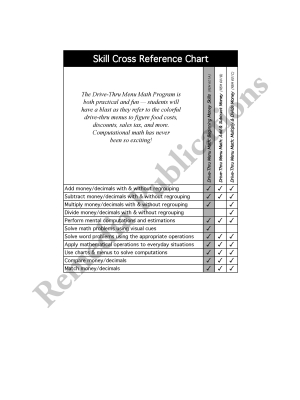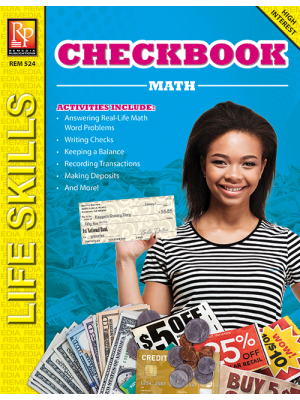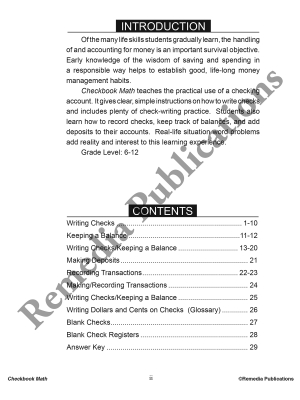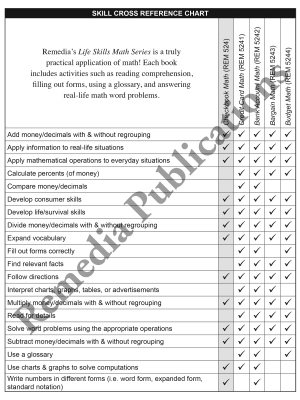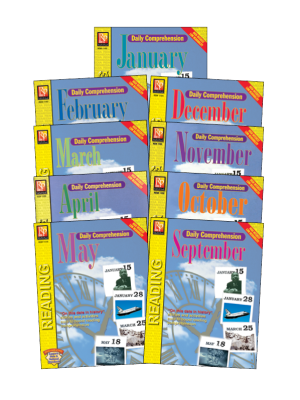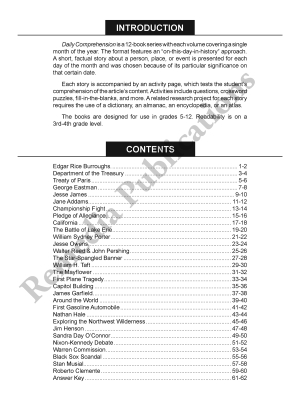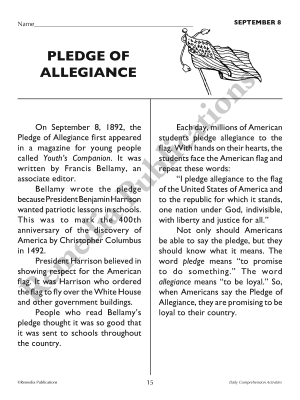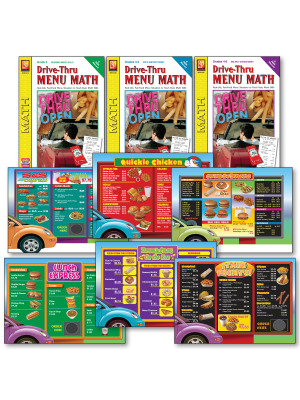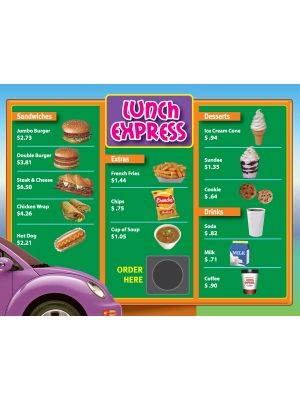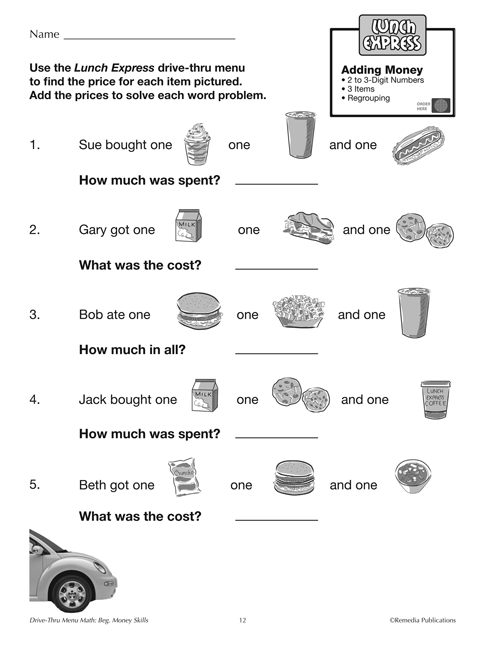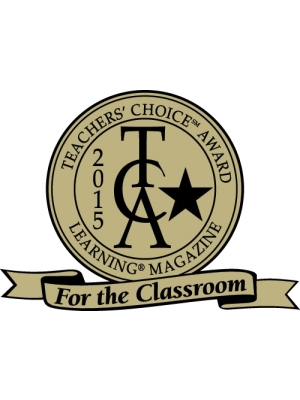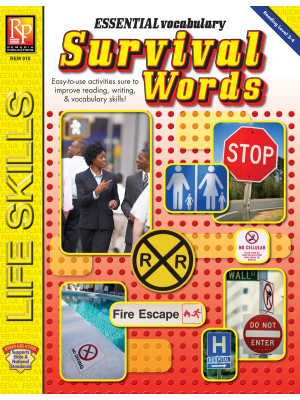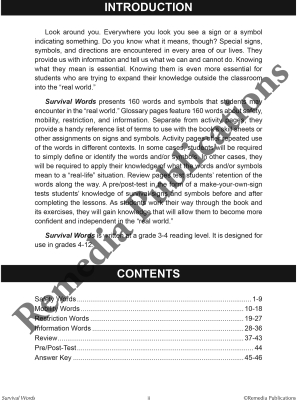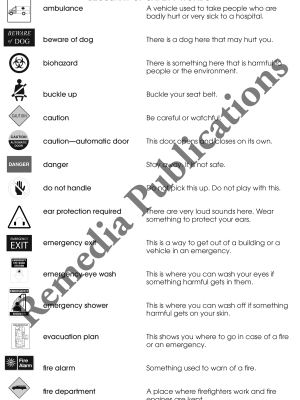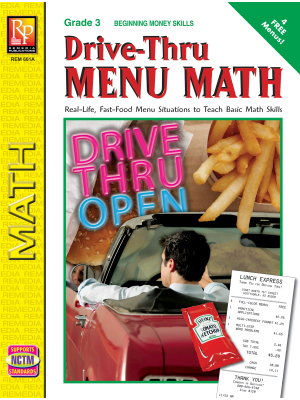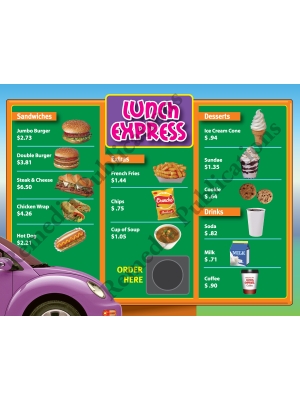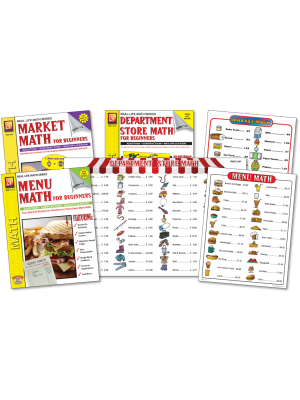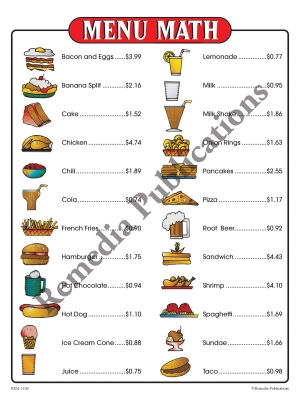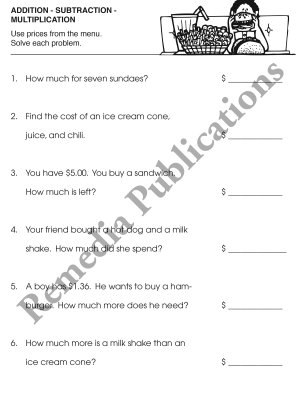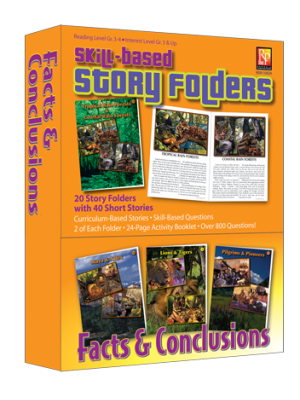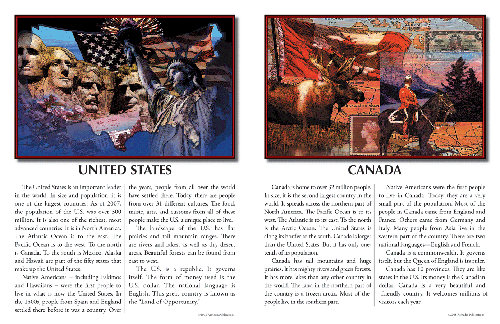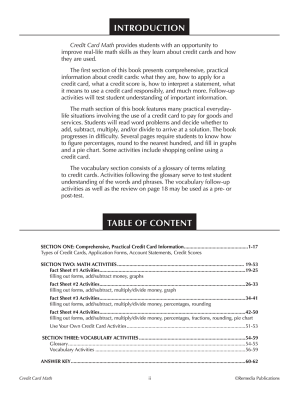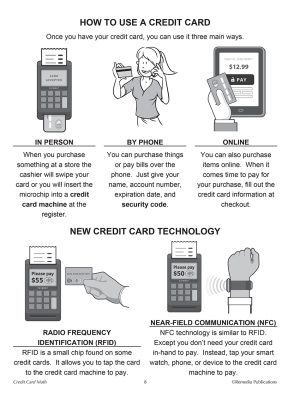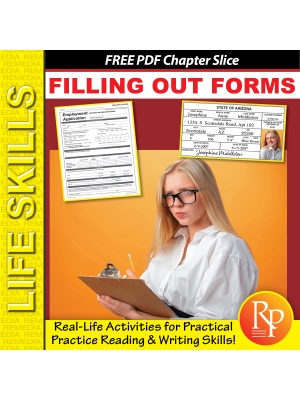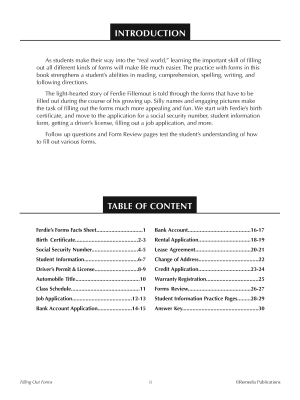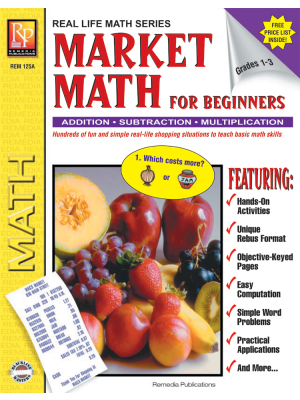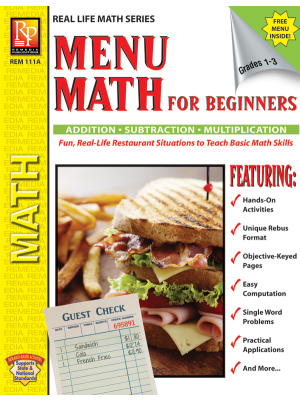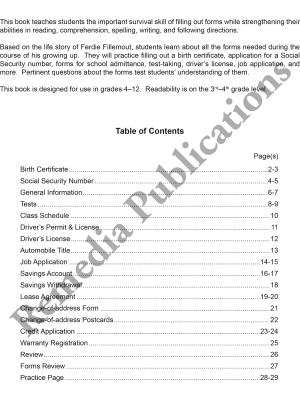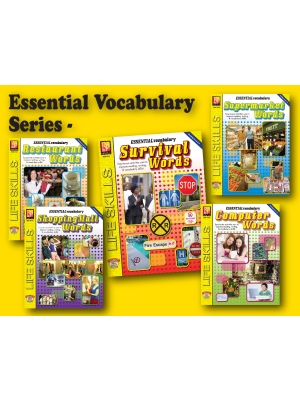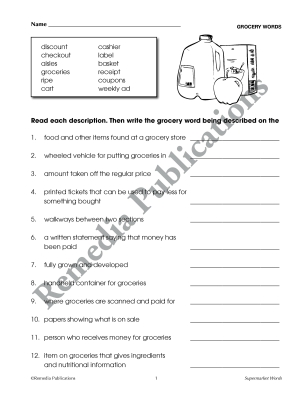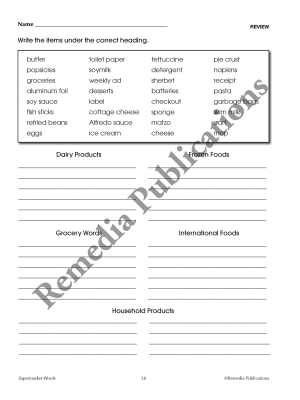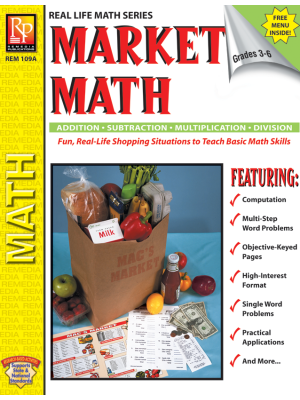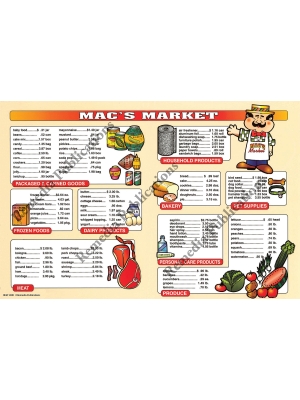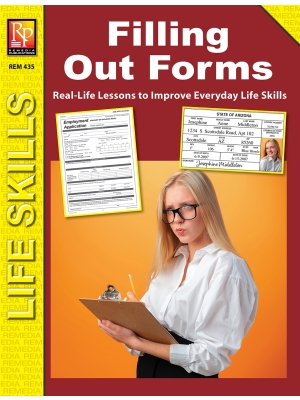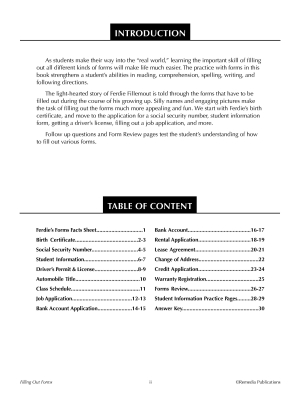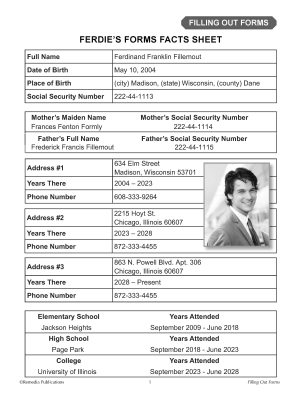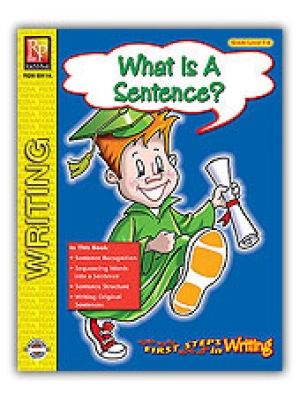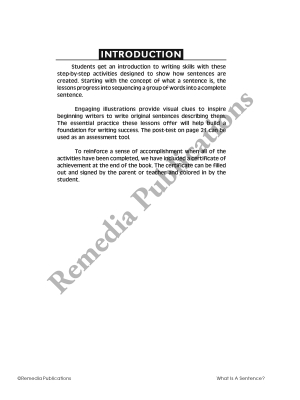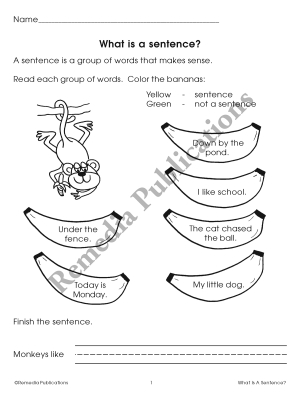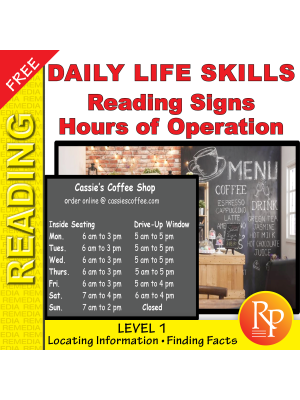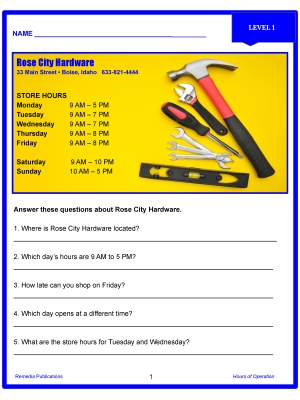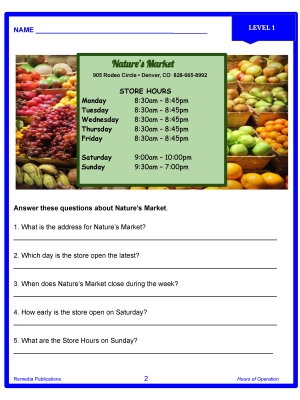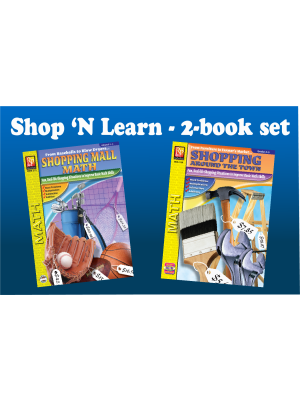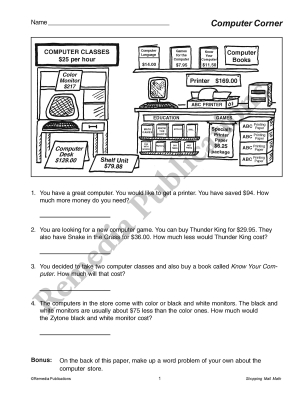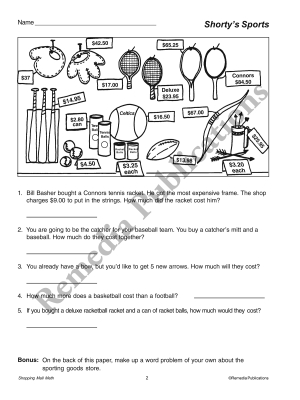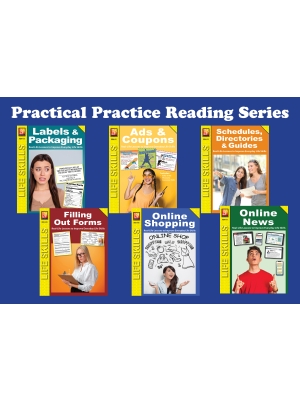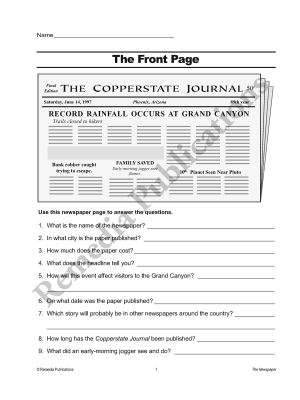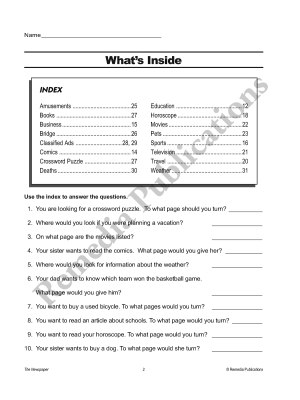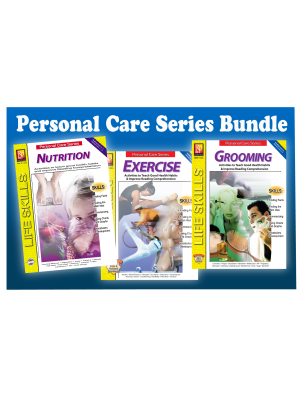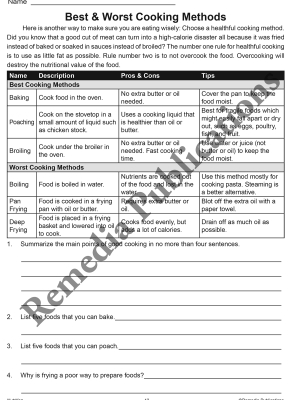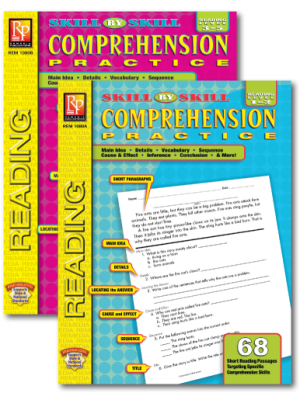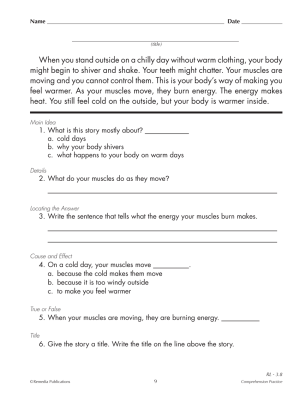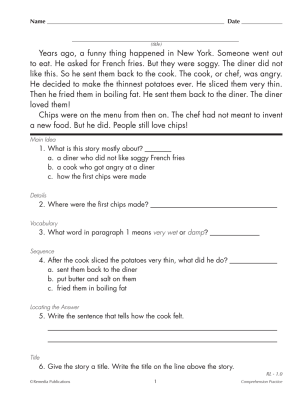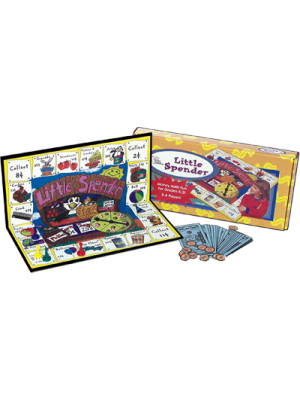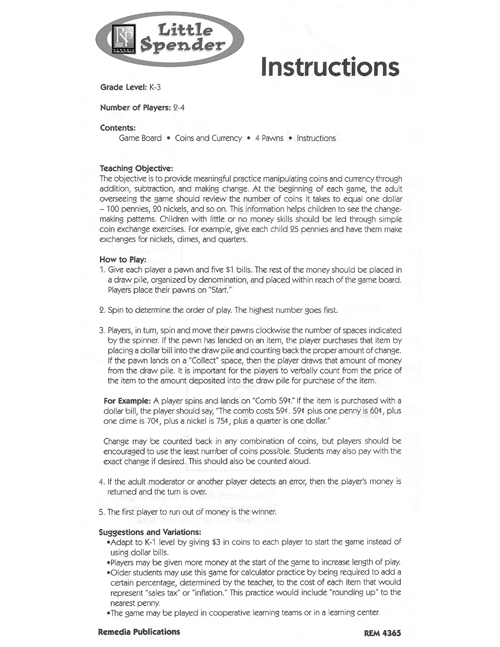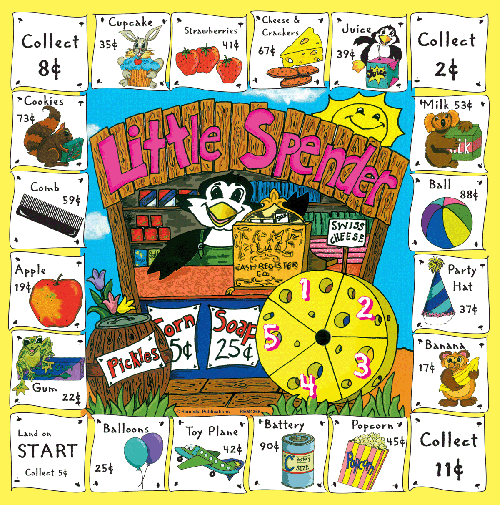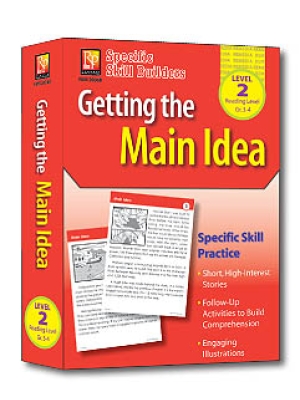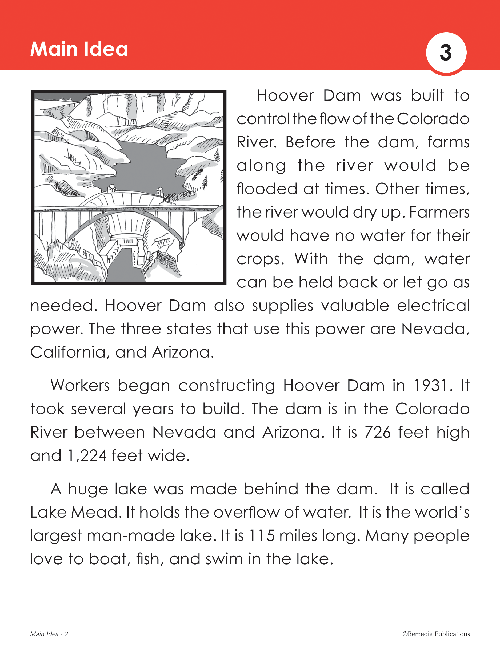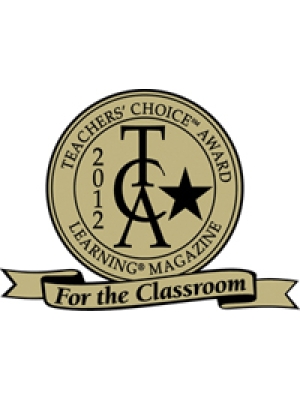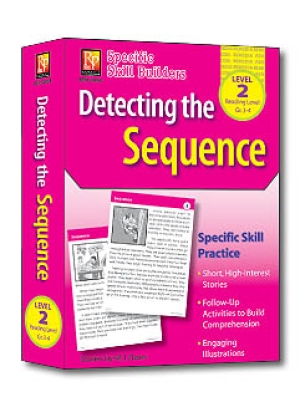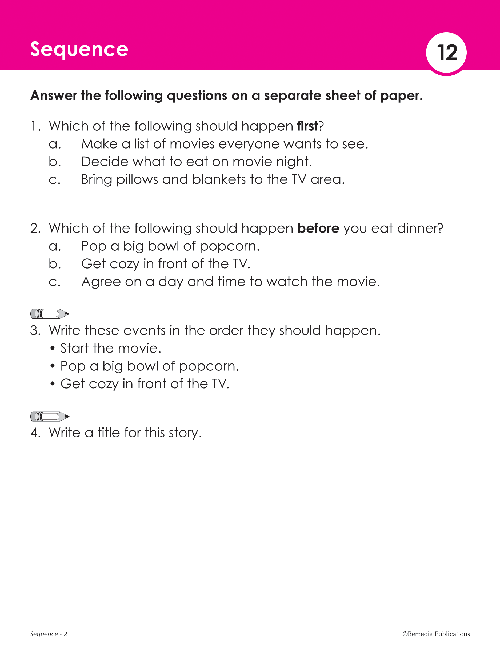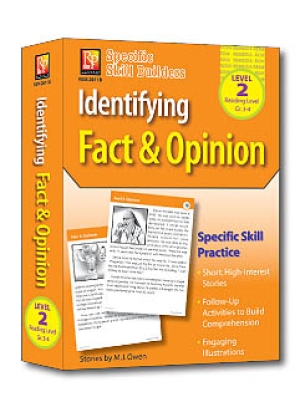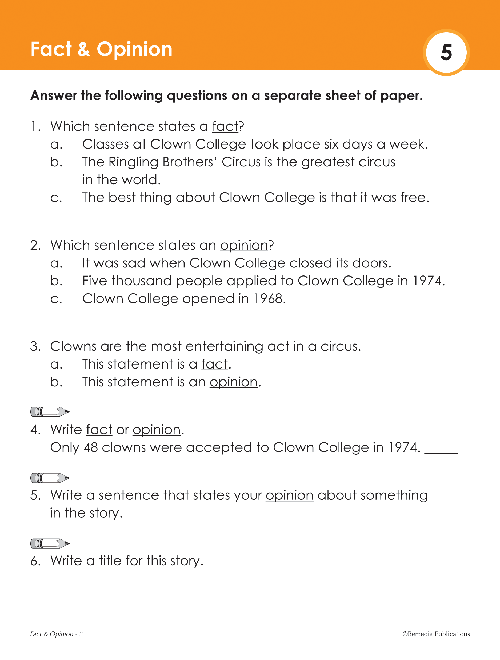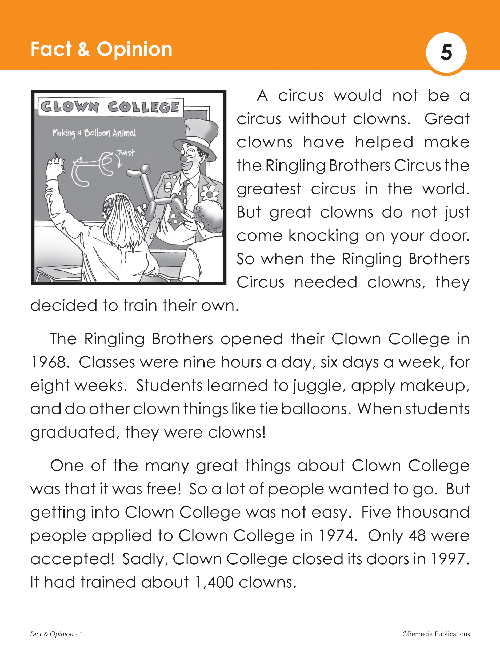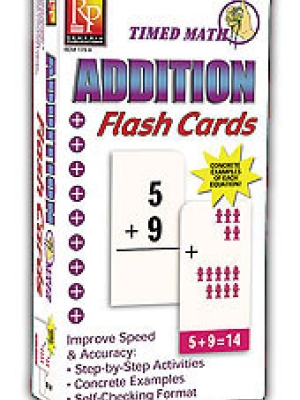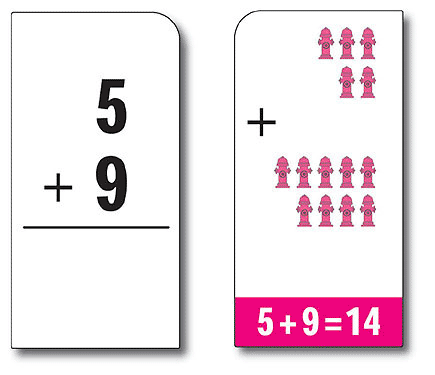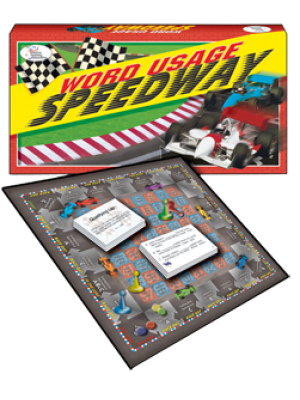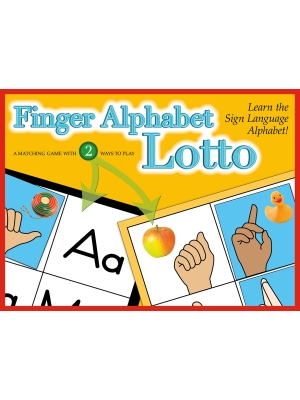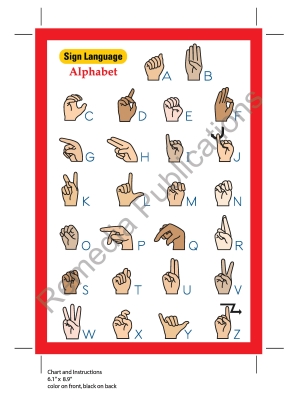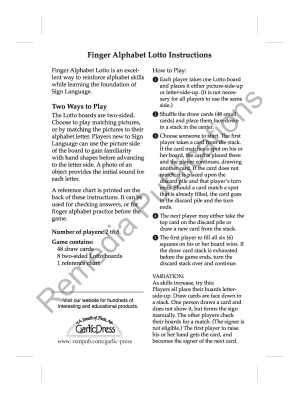Grade Level: 9-12
Interest Level: N/A
Reading Level: N/A
The Discovering Literature Series is designed to develop a student’s appreciation for good literature and to improve reading comprehension. At the Challenging Level, we focus on a variety of reading strategies that help students construct meaning from their experience with literature as well as make connections between their reading and the rest of their lives. The strategies reflect the demands of each literature selection.
In these study guides, we will focus on beginning a book, setting and mood, irony, plot structure, foreshadowing and flashback, characterization, forming hypotheses, evaluating a book, plot conflict, point of view, inferencing, rereading, theme, narration, and the genre of dystopias.
Each chapter analysis is organized into three basic elements: Journal and Discussion Topics, Chapter Vocabulary, and Chapter Summary.
Other features include Strategy Pages to increase students’ understanding of strategies to enhance their comprehension of literature; Testing at the end of each chapter grouping, and Writer’s Forum for students’ to write in a variety of genres relating to the text.
This 75-page teaching guide includes an answer key.
Table of Contents
About the Organization of This Literature Guide
• The Groupings of Literature
• Strategy Pages
• Testing
• Writer’s Forum Pages
• Answer Pages
Introducing the Literature
• Sample Lesson Plan
• Strategy 1: Genre—EpicIntroduction to the Translation of Robert Fagles
• Strategy 2: Translations
• Strategy 3: Background—The Historical Troy
• Strategy 4: Homer’s Mythology
• Strategy 5: Beginning a Book
Introduction to the Translation of Robert Fitzgerald
Introduction to the Translation of Richmond Lattimore
Introduction to the Translation of W.H. D. Rouse
Book 1:
• Strategy 6: Plot—Beginning/ Middle/End/Strategy• Strategy 7: References and Allusions—The Story of Agamemnon
• Strategy 8: Setting—Real and Imaginary Places
Book 4:
Test 1: Books 1-4
Book 5:
• Strategy 9: The Hero’s Journey• Writer’s Forum: Persuasion
• Strategy 10: Similes and Metaphors
• Strategy 11: Characterization
Test 2: Books 5-8
Book 9:
• Strategy 12: Cross-Cultural Parallels—Fin MacCumhail
Book 11:
• Strategy 13: Plot Elements
• Strategy 14: Theme
Book 13:
• Writer’s Forum: Description
Book 15:
Book 16:
Test 4: Books 13-16
Book 17:
• Strategy 15: Irony
Book 19:
• Writer’s Forum: Anecdote
Test 5: Books 17-20
Book 21:
• Strategy 16: Foreshadowing and Flashback
Book 23:
• Strategy 17: Character Traits
• Writer’s Forum: Compare and Contrast a Book and a Movie
Answer Pages
The Odyssey: Discovering Literature Series - Challenging Level
- Product Code: REM GP092
- Viewed: 25051
- Availability: In Stock
$17.99
Grade Level: 9-12
Interest Level: N/A
Reading Level: N/A
The Discovering Literature Series is designed to develop a student’s appreciation for good literature and to improve reading comprehension. At the Challenging Level, we focus on a variety of reading strategies that help students construct meaning from their experience with literature as well as make connections between their reading and the rest of their lives. The strategies reflect the demands of each literature selection.
In these study guides, we will focus on beginning a book, setting and mood, irony, plot structure, foreshadowing and flashback, characterization, forming hypotheses, evaluating a book, plot conflict, point of view, inferencing, rereading, theme, narration, and the genre of dystopias.
Each chapter analysis is organized into three basic elements: Journal and Discussion Topics, Chapter Vocabulary, and Chapter Summary.
Other features include Strategy Pages to increase students’ understanding of strategies to enhance their comprehension of literature; Testing at the end of each chapter grouping, and Writer’s Forum for students’ to write in a variety of genres relating to the text.
This 75-page teaching guide includes an answer key.
Table of Contents
About the Organization of This Literature Guide
• The Groupings of Literature
• Strategy Pages
• Testing
• Writer’s Forum Pages
• Answer Pages
Introducing the Literature
• Sample Lesson Plan
• Strategy 1: Genre—EpicIntroduction to the Translation of Robert Fagles
• Strategy 2: Translations
• Strategy 3: Background—The Historical Troy
• Strategy 4: Homer’s Mythology
• Strategy 5: Beginning a Book
Introduction to the Translation of Robert Fitzgerald
Introduction to the Translation of Richmond Lattimore
Introduction to the Translation of W.H. D. Rouse
Book 1:
• Strategy 6: Plot—Beginning/ Middle/End/Strategy• Strategy 7: References and Allusions—The Story of Agamemnon
• Strategy 8: Setting—Real and Imaginary Places
Book 4:
Test 1: Books 1-4
Book 5:
• Strategy 9: The Hero’s Journey• Writer’s Forum: Persuasion
• Strategy 10: Similes and Metaphors
• Strategy 11: Characterization
Test 2: Books 5-8
Book 9:
• Strategy 12: Cross-Cultural Parallels—Fin MacCumhail
Book 11:
• Strategy 13: Plot Elements
• Strategy 14: Theme
Book 13:
• Writer’s Forum: Description
Book 15:
Book 16:
Test 4: Books 13-16
Book 17:
• Strategy 15: Irony
Book 19:
• Writer’s Forum: Anecdote
Test 5: Books 17-20
Book 21:
• Strategy 16: Foreshadowing and Flashback
Book 23:
• Strategy 17: Character Traits
• Writer’s Forum: Compare and Contrast a Book and a Movie
Answer Pages

